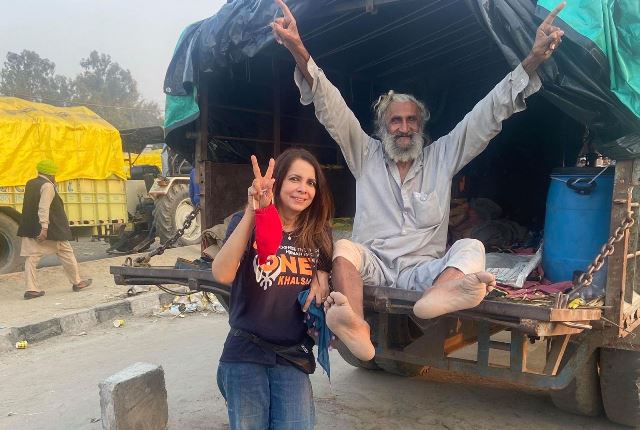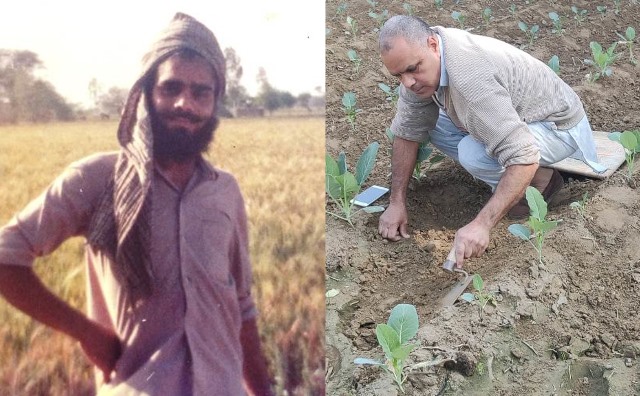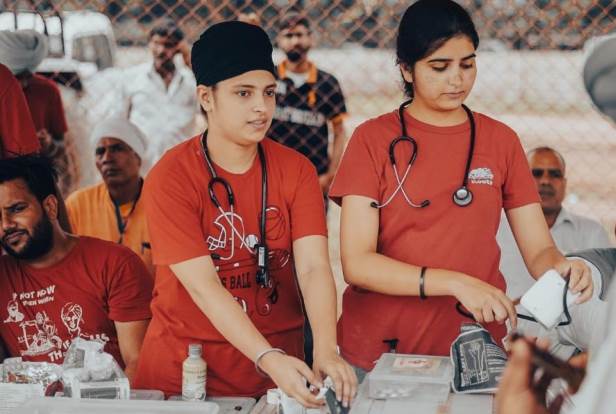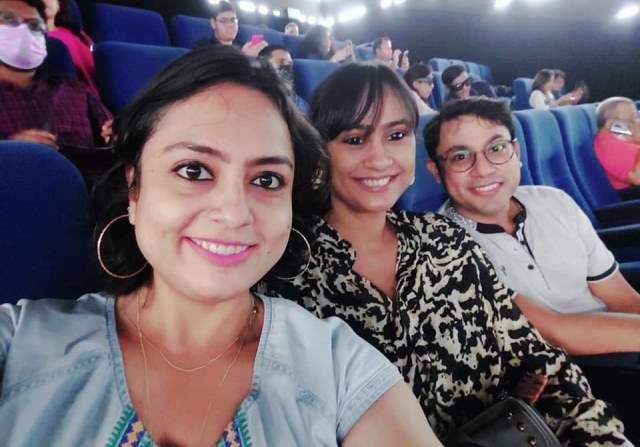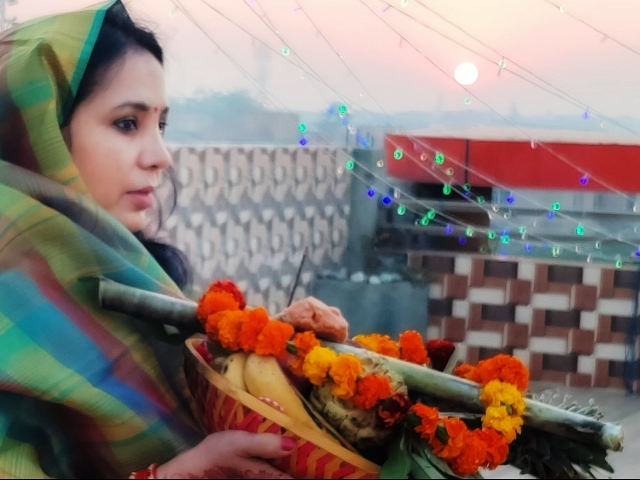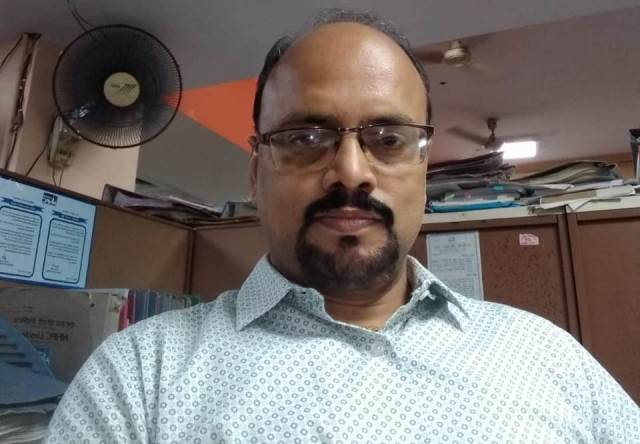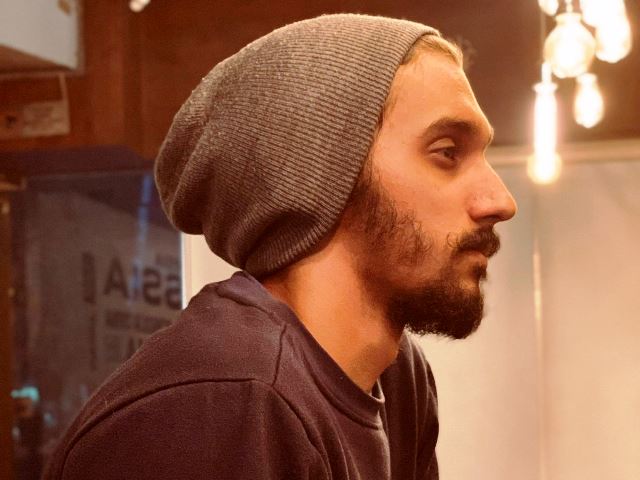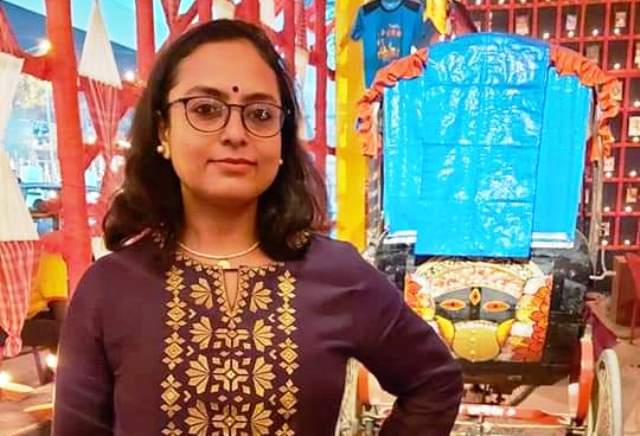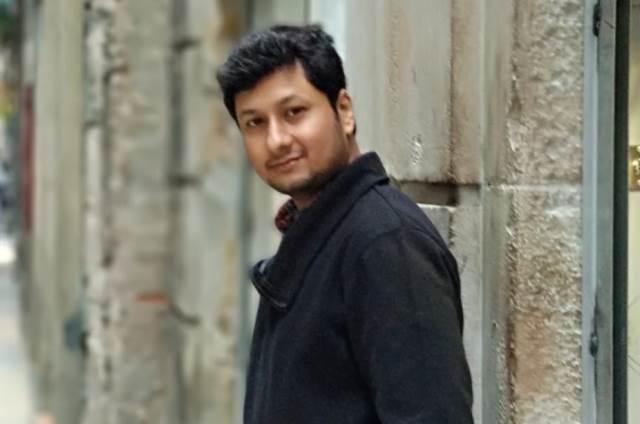Gurpreet Wasi, a protester against Farm Laws, says the groundswell against BJP in Uttar Pradesh ahead of elections scared Modi
It serves many people in many ways to keep the farmers’ protest alive. The last in line for anyone’s consideration is the small farmer. Drawing room activists say, ‘Farmers should not go back. They should continue protesting. Modi may be lying.’ My question is: How many of you, since January 2021, have shown the gall to visit the sites. All the selfies at the protest bandwagon disappeared after the Red Fort fiasco. It only serves their Left-leaning heart that these poor souls keep lying in the bitter cold so that they can say “Ohh! That monster Modi.”
The announcement of farm laws rollback came as a blessing. Everyone’s spirit was wearing out. They would ask: why doesn’t anyone care? It was harvest time, all the younger people had gone back to Punjab. It was very difficult to persuade people who had gone back to return to protest sites. Because they see nothing happening. There was no public support, the NGOs and langars were kind of waning.
The government started the whole vindictive thing of arresting people who were supporting the farmer protest, they started stopping the funding, punishing people who were the backbone of the protest etc.
And there was so much infighting. What I unfortunately was seeing was that how the movement was going to end, probably another few months and this year a very harsh winter is expected. So I wasn’t too sure what was going to happen.
ALSO READ: ‘Rollback For Political Reasons, Not Change Of Heart’
I think the Modi camp misread the situation, the kind of international backlash, the kind of bad PR and what is happening in Uttar Pradesh scared them. This move of withdrawing the laws is I think the suggestion of Capt Amarinder in Punjab. He is bitten by the rejection from Congress. He also knows that Punjab is very emotional about GuruPurab, especially Guru Nanak’s birthday is probably the most important day in all our lives so he knew how to swing the emotion for Modi.
It seems like it’s a Punjab farmers’ victory, in the sense that their honours have been restored. What have they not been called: from terrorists to anti-nationals to murderers…? So it is the restoration of honour for a Punjabi farmer.
But the real reason is the UP elections. There is a larger agenda in place with the BJP going all out (taking back the laws) to win upcoming elections. UP is very very important. The Lakhimpur incident turned the tide against BJP in UP. Although the media isn’t covering it but Tikait is going from village to village and panchayat after panchayat is telling villagers not to vote for BJP. The opposition too has put its forces unitedly behind farmers. I think that scared Modi.
But at the end of the day, innocent people who have been used by everybody including all political parties, for their political gain. For the small farmer sitting there, the older people – this exit is just necessary. They have made a point which I think is the biggest point made ever since Independence and I do not think anything else is needed. I think whatever they set out to do at that point is being driven home but now we must let them go.
As Told To Mamta Sharma
